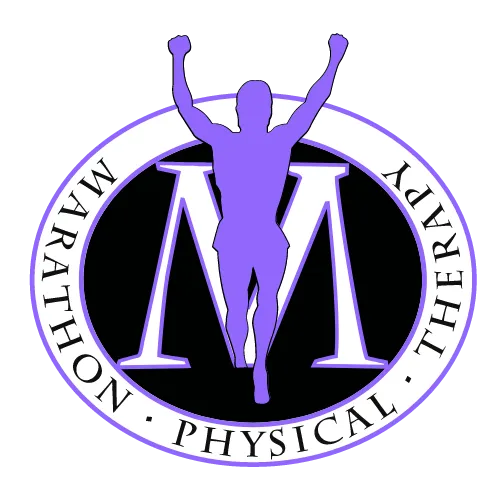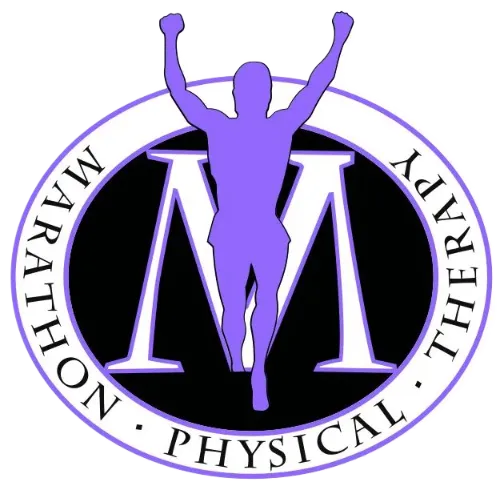Tendinitis in Great Neck and Floral Park
What is Tendinitis?
Tendinitis, also known as tendonitis, is a condition that can happen when a tendon in your body becomes inflamed or irritated. Tendons are strong bands that attach your muscles to your bones. When they get swollen or irritated, it can cause pain and discomfort.

How Does it Happen?
Tendinitis can occur when a tendon is overused or subjected to repetitive motions. This can happen in sports, jobs that involve a lot of movement, or even from everyday activities.
How to Tell if You Have Tendinitis
Here are some common signs and symptoms that might show you have Tendinitis:
Pain: You might feel pain or tenderness near a joint where the tendon is located.
Swelling: The area around the affected tendon can become swollen and puffy.
Stiffness: You may have difficulty moving the joint, and it might feel stiff.
Weakness: The affected area might feel weak, making it hard to do certain movements.
What Causes Tendinitis?
- Overuse
Doing the same motion over and over again, especially in sports or work, can lead to tendinitis.
- Age
As you get older, tendons can become less flexible and more prone to inflammation.
- Injury
A sudden injury, like a fall or accident, can damage a tendon and lead to tendinitis.
Types of Tendinitis
There are various types of tendinitis, depending on which tendon is affected:
- Rotator Cuff Tendinitis
This type affects the tendons in the shoulder and can cause pain and limited shoulder movement.
- Tennis Elbow (Lateral Epicondylitis)
Tennis elbow affects the tendons in the forearm and can cause pain on the outside of the elbow.
- Achilles Tendinitis
Achilles tendinitis affects the tendon at the back of the ankle and can lead to pain and difficulty walking.
- Golfer’s Elbow (Medial Epicondylitis)
Golfer’s elbow affects the tendons on the inner side of the elbow and can cause pain when gripping objects.
How Can Tendinitis Be Treated?
The treatment for tendinitis depends on the type and severity of the condition. Here are some common approaches:
- Rest and Activity Modification
Resting the affected area and avoiding activities that worsen the pain can help the tendon heal.
- Physical Therapy
Physical therapists can provide exercises and techniques to strengthen the affected tendon and improve flexibility.
- Medications
Over-the-counter pain relievers or prescription medications may be recommended to manage pain and reduce inflammation.
- Cold Therapy
Applying cold packs to the affected area can help reduce pain and swelling.
- Braces or Supports
Using braces or supports can provide stability to the affected joint and relieve strain on the tendon.
What to Expect During Recovery
Recovering from tendinitis can vary depending on the type and treatment. Here’s what you can expect:
Rest and Healing: Giving the affected tendon time to heal is crucial, and this may require taking a break from certain activities.
Physical Therapy Progress: If prescribed, physical therapy will help you regain strength and flexibility in the affected area, gradually reducing pain and improving mobility.
Medications and Symptom Relief: Pain medications can provide relief during recovery, but it’s essential to follow your healthcare provider’s recommendations.
Lifestyle Adjustments: Making necessary changes in your daily life, such as modifying your work or sports techniques, can prevent future tendinitis.
Can Tendinitis Be Prevented?
While not all cases of tendinitis can be prevented, you can take steps to lower your risk:
Proper Warm-Up: Always warm up your muscles before engaging in sports or activities that involve repetitive motions.
Strength and Flexibility: Regularly engage in exercises that strengthen and stretch your muscles to protect your tendons.
Rest and Recovery: Give your body enough time to recover between intense activities or workouts.
Looking for Tendinitis Treatment?
In conclusion, tendinitis is a condition that can cause pain and discomfort in your tendons, affecting your daily life and activities. It can happen to anyone, especially if you engage in repetitive motions or have an injury.
If you suspect you have tendinitis or are experiencing symptoms, it’s crucial to consult a healthcare provider for a proper evaluation and diagnosis. Treatment options range from rest and physical therapy to medication and lifestyle adjustments. With the right care and rehabilitation, many people can effectively manage their tendinitis symptoms and regain their quality of life.


